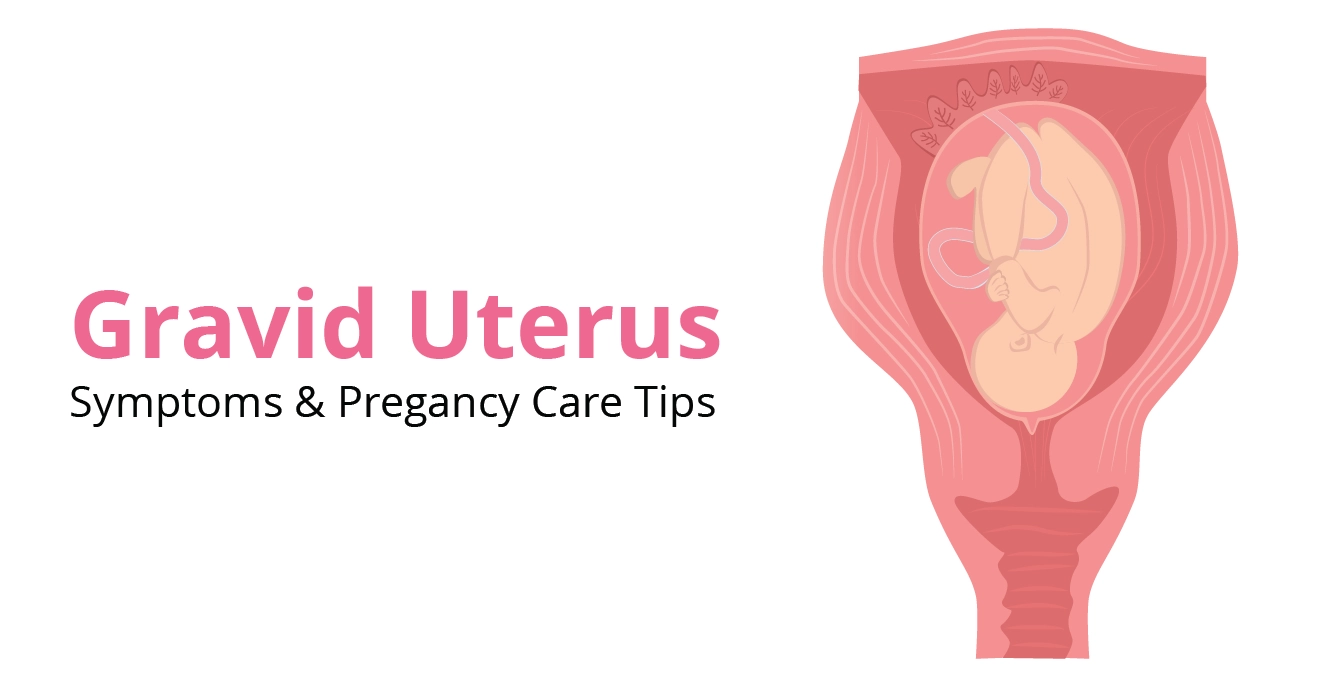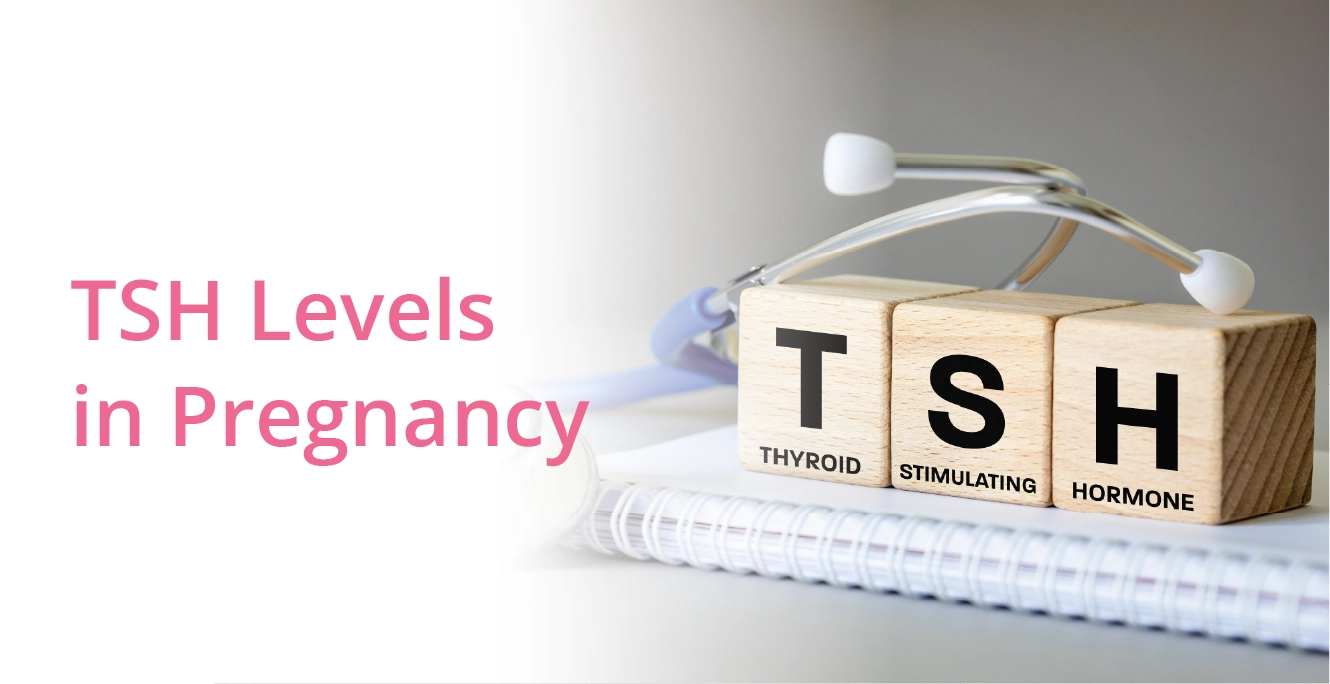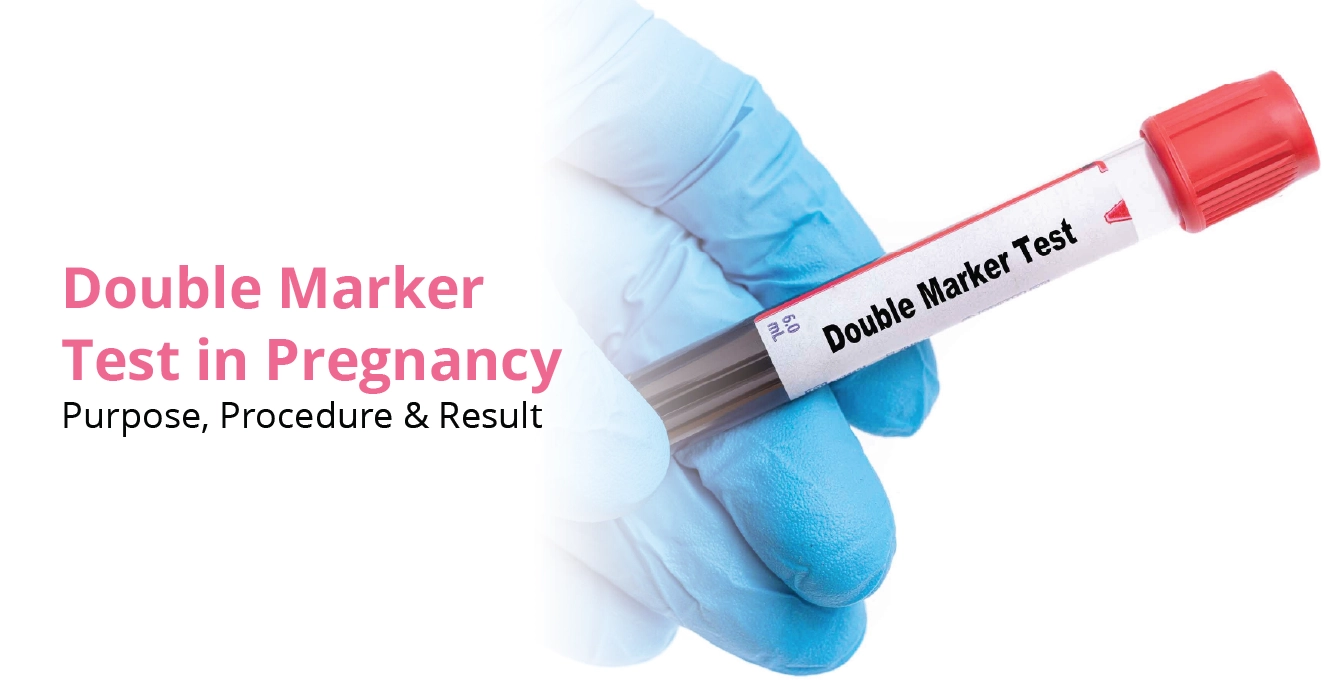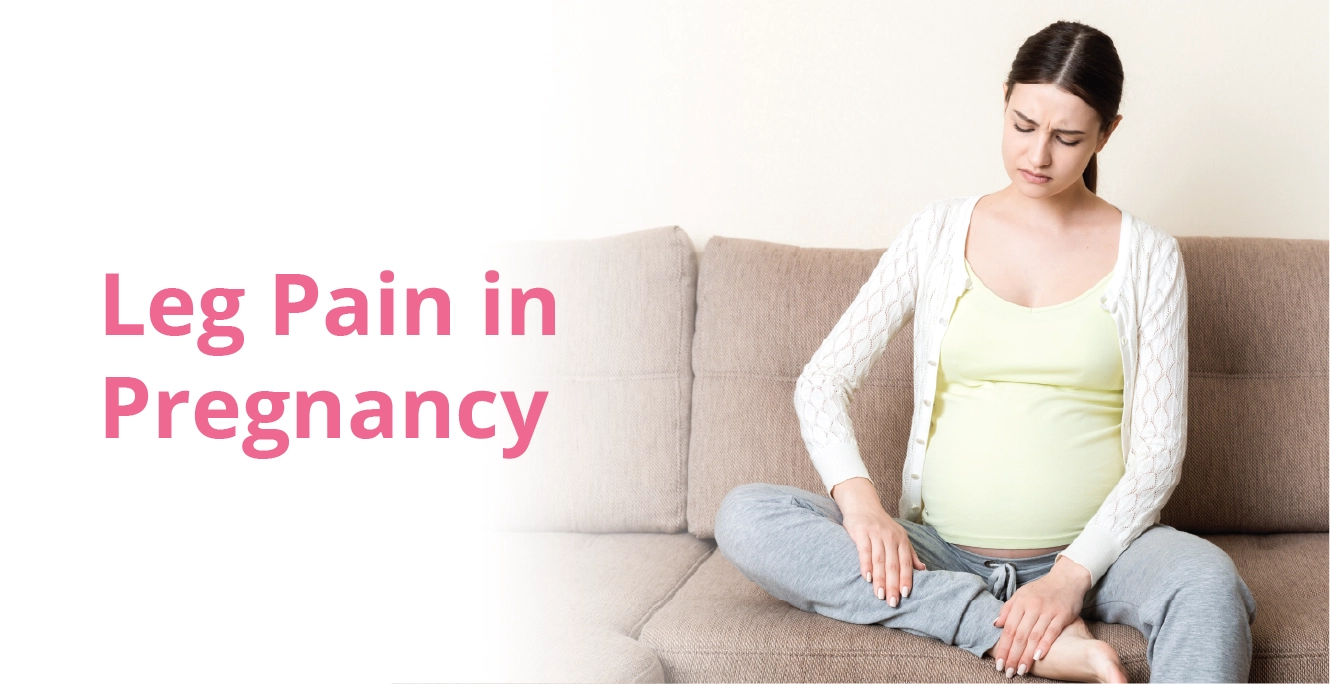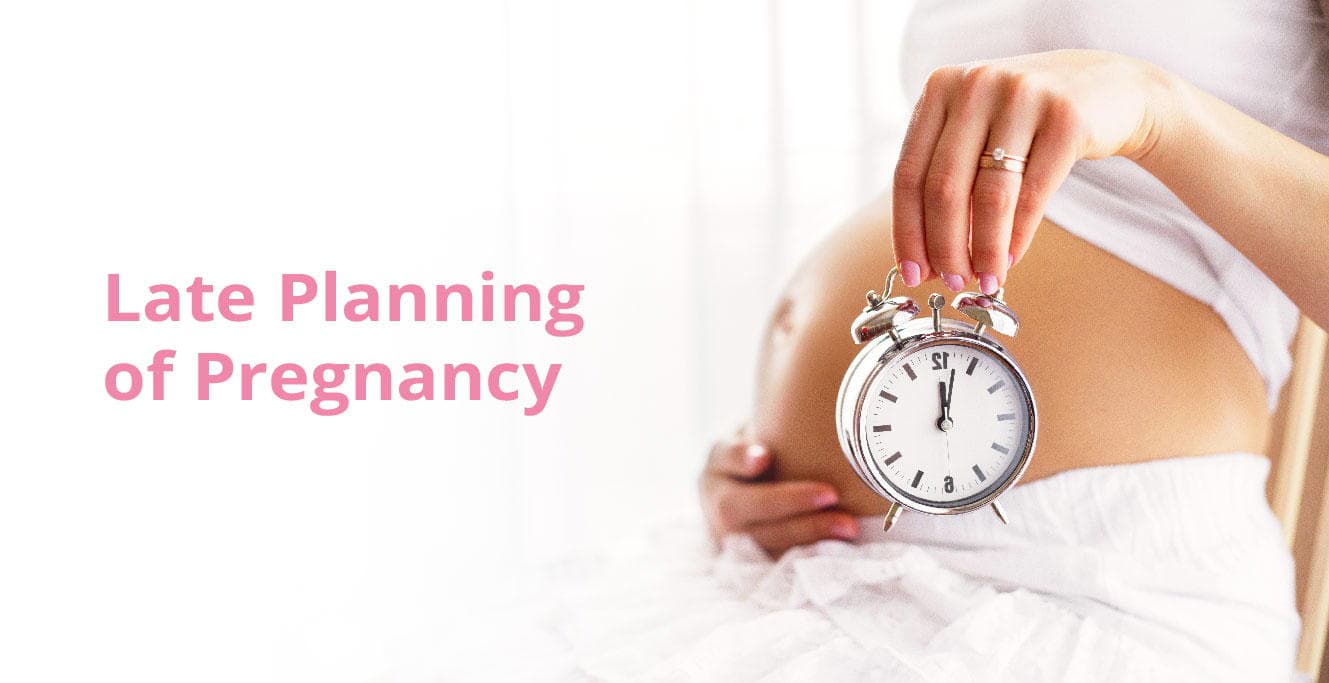
Late Planning of Pregnancy: Know The Risks and Complications

Table of Contents
There is no perfect pregnancy age. However, as women age, the potential for infertility rises. The decline tends to start by age 32 and accelerates by age 37.
More and more women are delaying pregnancy due to various factors such as late marriage. As the occurrences of late pregnancy rise, it is a good idea to plan better and get the best medical and health support to achieve your fertility goals.
Top pregnancy Delay Reasons
If you have been trying to conceive for two years or more, and are still not pregnant, then these could be some of the reasons:
Inability to Ovulate
Women who are unable to ovulate will not be able to conceive. For instance, a condition like polycystic ovary syndrome (PCOS) can lead to hormonal dysfunction and, in turn, anovulation.
This is a phenomenon where the egg does not get released from the ovary during the menstrual cycle. Conditions such as obesity, thyroid dysfunction, and irregular menstrual cycles can also lead to the inability to ovulate.
Infertility of Male Partner
Another reason for delayed pregnancy is the low fertility count of the male partner. It is best to get your partner tested through a semen analysis. Your health practitioner can advise on the next steps.
Fallopian Tubes are Blocked
A blocked fallopian tube does not allow the sperm to enter the ovaries, which releases the egg into the fallopian tubes.
Essentially, this is where the egg and the sperm meet, and conception happens. If the fallopian tubes are blocked, then pregnancy is impossible.
Endometriosis
In this condition the tissue which lines the uterus grows outside of the uterus. It results in extremely painful periods and pelvic pain. It is not easy to diagnose and is often misdiagnosed.
Women living with endometriosis are often unable to get pregnant. This is because this condition can damage the egg or sperm.
It can also cause inflammation, which affects the hormonal balance required for one to get pregnant. However, it can be treated if diagnosed correctly.
Lifestyle Factors
Various lifestyle factors, such as poor nutrition, lack of exercise, and high-stress levels, can also result in a lower fertility rate, resulting in late pregnancy.
Risks of Late Pregnancy
Late pregnancy is associated with several risks, and it is important to be well-informed about them:
It Takes Longer to Get Pregnant
As you get older, the number of eggs in your ovaries decreases. The quality also diminishes. This directly implies that women will take longer to get pregnant, sometimes the delay can be up to several years. In such a case it is best to visit a specialist who will identify the causes.
The Risk of Gestational Diabetes Increases
This is a temporary type of diabetes that occurs in some pregnant mothers. Typically, it occurs in cases of late pregnancy. It usually manifests in the second and third trimesters, and the body is unable to create insulin during the duration of the pregnancy.
It can result in the baby growing larger than the usual size, which increases the risk of injury. Premature birth, high blood pressure, and post-delivery complications are some by-products of gestational diabetes.
Higher Blood Pressure During Pregnancy
Late pregnancy can also trigger additional side effects, such as higher blood pressure. In such a case, your health care provider may suggest an earlier delivery date to reduce the potential for complications.
The Risk of Miscarriage/Stillbirth
There is a higher chance of the pregnancy resulting in a miscarriage. This is a phenomenon where the fetus cannot survive to the full term of the pregnancy.
Another scenario is that the fetus grows to terms; however, it results in a stillbirth – this means that the baby is born without a heartbeat.
Complications of Late Pregnancy
Several late pregnancy complications can affect the baby, as follows:
Risk of a Premature Birth/a Baby with a Low Birth Weight
A late pregnancy increases the risk of the baby being born premature, due to which it may develop certain medical conditions and will need additional medical treatment.
Higher Need for a C-Section
Late pregnancy complications may lead your medical health provider to recommend a cesarean section, an operation to deliver the baby.
A cut is made in the stomach and womb, and it can take several days to recover from the surgery.
Occurrence of Chromosomal Conditions
A foetus may sometimes be conceived with a chromosomal abnormality due to the incorrect number of chromosomes. This may lead to the baby being born with certain congenital abnormalities and disorders such as Down syndrome.
Sometimes, this can also lead to a miscarriage. This is, therefore, one of the major reasons for late pregnancy complications one needs to be aware of.
Prevention of Late Pregnancy
There are several ways to avoid a delayed pregnancy, as follows:
- If you and your partner are unable to conceive naturally, then be sure to visit your medical care practitioner for a thorough check-up. They will be able to identify the issues preventing you from conceiving.
- Be sure to lead a healthy lifestyle. Eat lots of high-fibre foods, consume some high-fat dairy products, and exercise regularly.
- Reduce sources of stress, and prioritize your mental health
- Avoid smoking and excessive consumption of alcohol.
It is also advisable to consult a seasoned fertility specialist who can help you address the problem and achieve your fertility goals.
The good news is that the normal delivery age limit has extended with advances in modern fertility technology. So, it is never too late to try getting pregnant.
To seek the best treatment for infertility concerns, visit Birla Fertility and IVF, or book an appointment with Dr Muskaan Chhabra.
FAQs:
- What age is late for pregnancy?
There is no fixed age as such. However, fertility levels start decreasing once women hit the age of 32.
- How do I know if I am fertile enough to get pregnant?
It is best to get a check-up with your medical practitioner to assess your fertility levels.
- Can you get pregnant on the first try?
Yes, it is possible, based on your and your partner’s fertility levels.
- What things to avoid when trying to get pregnant?
Avoid smoking and consuming excessive amounts of alcohol, too much trans fat, and sources of refined carbohydrates.
Our Fertility Specialists
Related Blogs
To know more
Birla Fertility & IVF aims at transforming the future of fertility globally, through outstanding clinical outcomes, research, innovation and compassionate care.
Had an IVF Failure?
Talk to our fertility experts

 Our Centers
Our Centers







